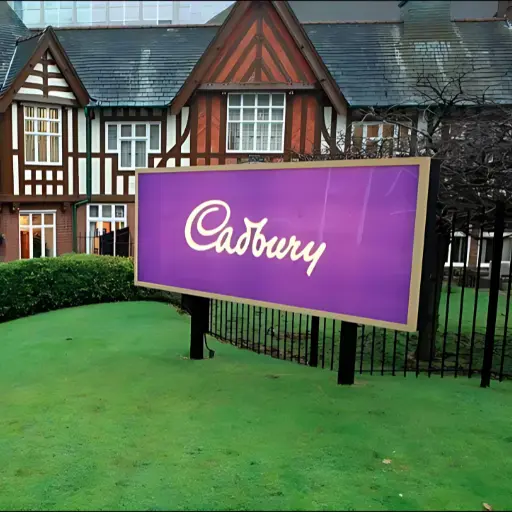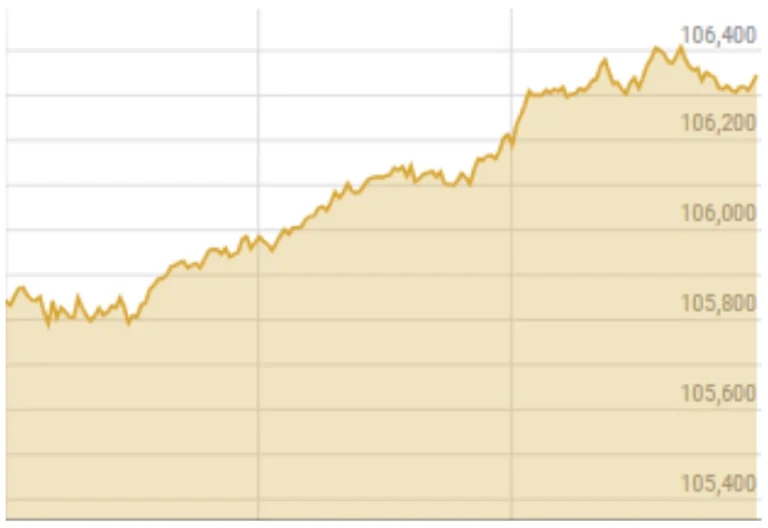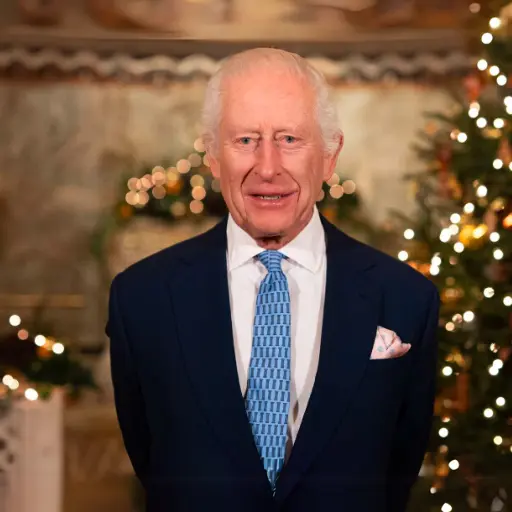Cadbury Loses Royal Warrant After 170 Years

End of an Era for Iconic British Chocolatier
Cadbury, the renowned Birmingham-based chocolate maker, has lost its royal warrant after holding the prestigious recognition for 170 years.
The chocolatier first received its royal endorsement in 1854 under Queen Victoria, but it has been excluded from King Charles’ updated list of warrant holders. Cadbury’s parent company, US-based Mondelez International, expressed disappointment over the decision.
King Charles’ New Royal Warrant List
The updated list includes 386 companies previously recognized by Queen Elizabeth II. Notable brands such as John Lewis, Heinz, and Nestlé retained their warrants, while new additions include firms like Moët & Chandon, Weetabix, and chocolatiers Bendicks and Prestat Ltd.
Royal warrants, granted for up to five years, serve as a mark of recognition for companies supplying goods or services to the monarchy. Warrant holders are allowed to use the royal coat of arms on their products, packaging, and marketing materials.
Impact on Cadbury
Cadbury, known for its iconic purple branding and history rooted in Birmingham, now faces the costly task of removing the royal warrant emblem from its packaging.
A spokesperson for Mondelez said:
“Whilst we are disappointed to be one of hundreds of other businesses and brands in the UK to not have a new warrant awarded, we are proud to have previously held one, and we fully respect the decision.”
Calls for Accountability
Earlier this year, King Charles was urged by the campaign group B4Ukraine to revoke warrants from companies still operating in Russia following the invasion of Ukraine. Mondelez and consumer goods firm Unilever were among those named by the group. Unilever has also lost its royal warrant.
Historical Significance of Cadbury
Cadbury celebrated its 200th anniversary in March 2024, marking the founding of the brand by John Cadbury, who opened a grocer’s shop selling cocoa and drinking chocolate in Birmingham in 1824. The business flourished under his sons, leading to the establishment of the Bournville factory, which became the world’s largest cocoa manufacturer.
In 2010, Cadbury was acquired by US food giant Kraft in a controversial takeover, later becoming part of Mondelez International in 2012.
Expert Insights
Professor David Bailey of Birmingham Business School highlighted the potential impact of the decision on Cadbury’s brand image and operations. He noted that royal warrants serve as a “seal of approval” and provide significant economic benefits to British businesses.
“What is a royal warrant for, if it isn’t to help British jobs and British production?” Bailey asked.
Looking Ahead
Despite losing its royal warrant, Cadbury’s rich legacy and standing as one of Britain’s most beloved chocolate brands remain a cornerstone of its identity.






